First Century Christianity
First century Christianity is unquestionably centered on the birth, life, death, burial, and resurrection of Jesus Christ until about 33 AD. The first thirty years were His private life and the next three and one-half years were His public life, which is encompassed by the four Gospels, Matthew, Mark, Luke, and John.
Just before Jesus ascended to heaven, He said:
But ye shall receive power, after that the Holy Ghost is come upon you: and ye shall be witnesses unto me both in Jerusalem, and in all Judaea, and in Samaria, and unto the uttermost part of the earth (Acts 1:8).
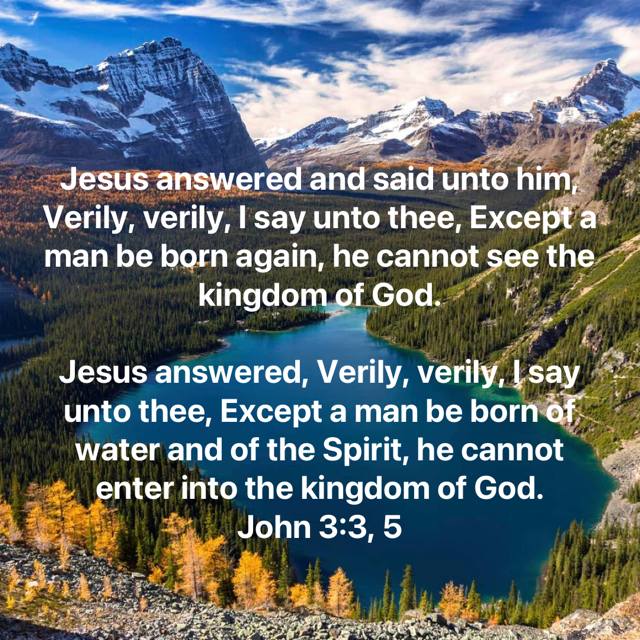
In the Acts of the Apostles, the Apostle Luke gives us the history of exactly how the disciples took the Gospel of Jesus Christ to Jerusalem, Judaea, Samaria, and then on to Asia and Europe. This occurred from approximately 33 AD to 63 AD. The Book of Acts does not end with "Amen". Obviously God had not completed His work, as the Gospel of Jesus Christ is being preached around the globe today.
Those saved in the Gospels of Matthew, Mark, Luke, and John were saved under the Old Covenant as the New Covenant did not come into effect until after Christ’s ascension (John 7:39; 16:7; Acts 1:4-8; Hebrews 9:14-17).
Those saved under the New Covenant, those who became born again believers on the day of Pentecost and throughout the Acts of the Apostles became saints in Christ's church. The Bible does not leave any other instructions on how to get to heaven than what we find written in the Acts of the Apostles. To become a saint in Christ's church today, we must do exactly what Christians did in the first century. This is the way to get to heaven!
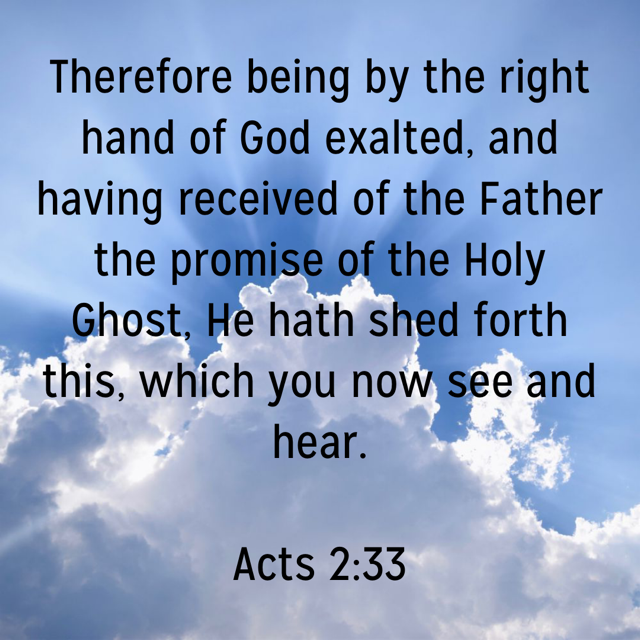
What didn't First Century Christianity Include?
I have personally read the New Testament, which obviously and completely describes first century Christianity, at least twenty times and I have never found the following in the Acts of the Apostles or anywhere in the New Testament:
- The words "Trinity", "Holy Trinity", "Tri-Union God", and "God the Son" or that these words would be added to Biblical doctrine, at a future date, to describe God. Also see Trinitarian Doctrine Contradictions.
- Instructions that in the future the Nicene Creed and Athanasian Creed would become part of Biblical doctrine.
- The word "persons" being applied to God or a declaration that after first century Christianity there would be either two persons or three persons in the Godhead.
- Any discussion that Jesus is not the One and Only God.
- Infants being baptized or that in the future infants would be baptized.
- That in the future the lost could be saved without repentance.
- The lost being baptized by affusion (pouring water), aspersion (sprinkling water), or partial immersion, or that these practices would replace being fully immersed sometime after first century Christianity.
- The lost being baptized in the name of the Father, the Son and the Holy Ghost and no discussion that sometime after first century Christianity that we would stop baptizing in the name of Jesus Christ and start baptizing in the name of the Father, the Son and the Holy Ghost.
- The Holy Ghost given simultaneously and automatically when being baptized without the evidence of speaking in tongues, or that this would happen in the future.
- That after the end of first century Christianity that we will not have to be born again or not obey the Gospel of Jesus Christ to go to heaven.
- That the Gospel of Jesus Christ is not the death, burial and resurrection of Jesus.
- That lost souls are saved by faith alone or that this would happen sometime in the future.
- By saying if "I accept Jesus Christ as my personal Lord and Savior because He died on the Cross to save us from our sins" that a lost soul can get to heaven, or that this would be so in the future.
- That in the future we should not worship and praise Jesus Christ with a loud voice in Church.
- The word "Transubstantiation", meaning that the bread and wine in the Eucharist offering are changed into the body and blood of Christ.
- The words "Ash Wednesday" and "Lent".
- The title "Mother of God" for Mary, Jesus' mother, or to worship her or say "Hail Mary".
- Rosary-based prayers.
- Penance before a priest.
- Instructions that we should celebrate Saints appointed by Popes.
- Declaration that Popes would rule the Christian world.
- Declaration that the Apostle Peter would become the first Pope.
- That we should idolize and worship idols of Jesus still on the cross.
- Instructions to say Catechisms in Church.
- The place "purgatory".
- Christians calling their religious leaders "father" and no instruction to do so in the future.
- Other Sacraments of the Catholic Church.
- And many other inventions that I have not listed, but that many of you reading this page could readily add.
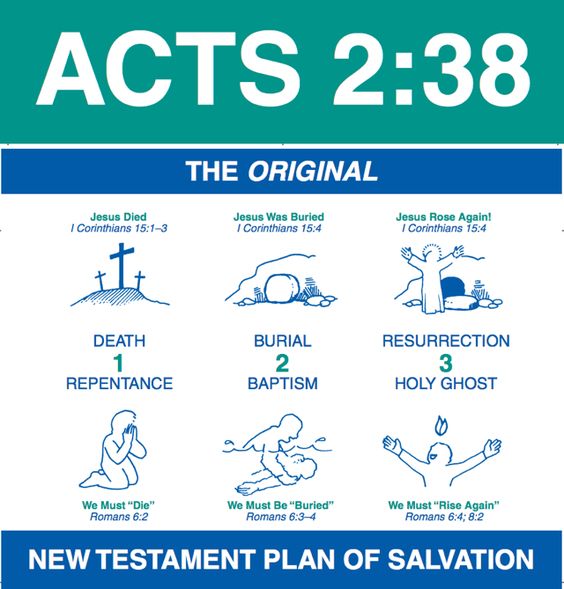
How can this possibly be?
The question clearly has to be, "how can this possibly be?" None of the above list is part of first century Christianity but most of the Christian world follows these non-Biblical practices. The answer is pretty obvious. The theology was put in place when the Christians and pagans were forced into a truce by King Constantine by the merging of God and state into the Roman Catholic Empire at the First Council of Nicaea in 325 AD. The doctrine was finalized as the Athanasian Creed sometime in the fifth century.
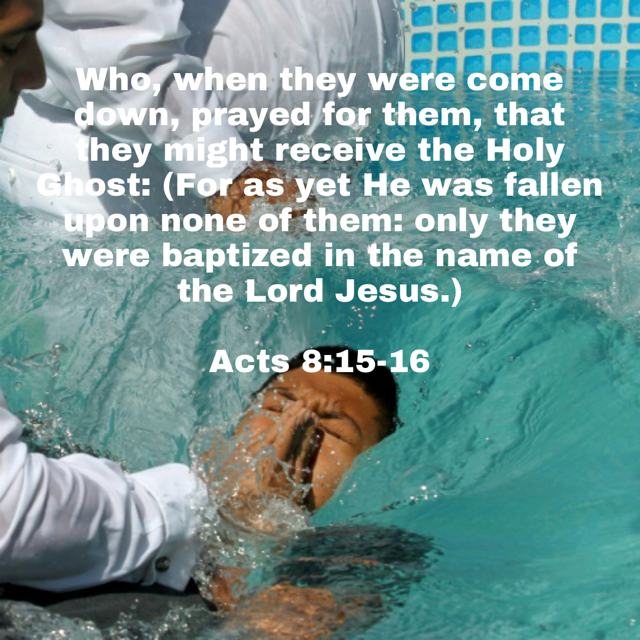
As the centuries past, these creeds became a "traditional" religion. The laity did not have Bibles to read until the 15th century so they accepted the teaching of their priests and Popes as the truth. The Protestant Reformation in the 15th century removed much of the Catholic tradition (items 14 to 27 above). The problem is that the reformists either kept some of Catholic tradition or added their own doctrine which form the first thirteen items on the list above. Now the Protestant doctrine over the centuries has become a new traditional religion. Similarly, the Latter Day Saints, the Seventh Day Adventists, Unitarians, Jehovah Witnesses, etc. developed their own doctrines in the nineteenth century by using some of the Protestant traditions and/or adding their own invented doctrine to spread and grow their false beliefs to millions of people around the world.
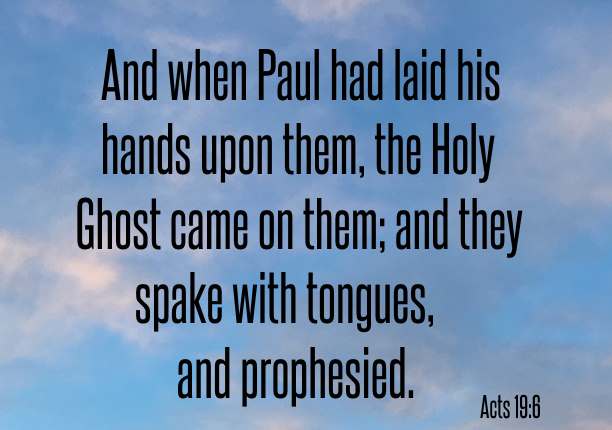
The Solution
So simple! Don't be fooled by traditional religion! Obey the Gospel of Jesus Christ by obeying Acts 2:38. Millions around the world are leaving their traditional religions behind and becoming new creatures in Christ (2 Corinthians 5:17) by truly being born again and living and leading a repentant lifestyle.




